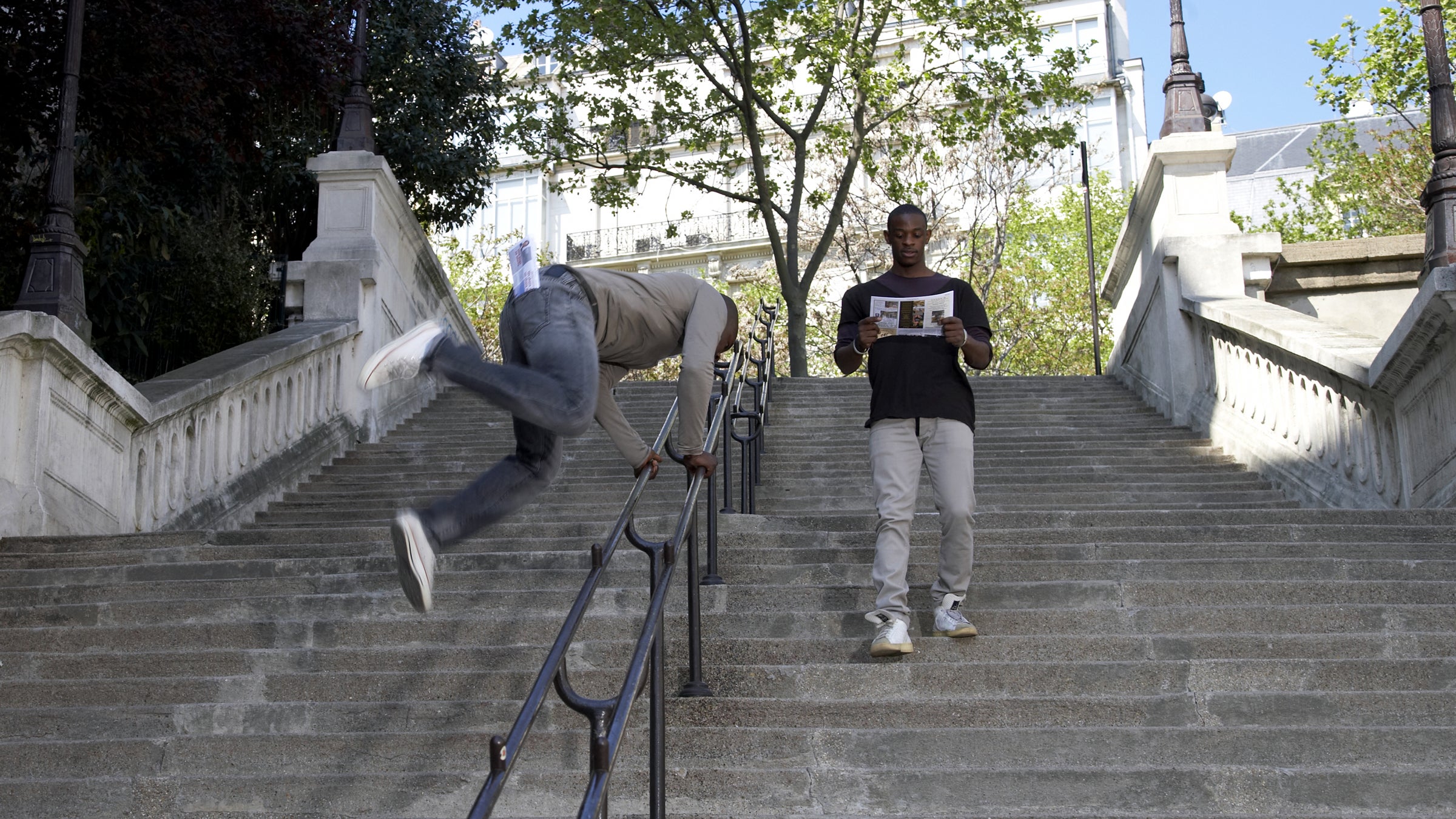Several leaders of the parkour world met with the International Olympic Committee a few weeks ago. There’s no word yet on whether parkour will show up as a summer Olympic sport, but both sides said the meeting went well.
The IOC said in a statement that it was “an informative and positive discussion,” but wouldn’t offer any specifics of the meeting. Dan Edwardes, director of London-based , that the meeting went well.
The parkour community is divided on whether the sport should become a formal competition. Edwardes would like to see it in the Olympics eventually, but Jesse Danger, executive director of , told NPR that parkour is more about competing against yourself than an opponent. Some also feel that a formalized competition would be unfair. Danger’s colleague Jereme Sanders told NPR that his five-foot-six frame might not place him on an even playing field with someone with the same technical skill but who was six-foot-three. NPR also reports that most past parkour competitions have “flopped.”
The timetable for a sport’s inclusion in the Olympics can sometimes take decades, and David Wallechinsky, president of the International Committee of Olympic Historians, said that a sport has to be recognized. “There has to be a regular world championship. There have to be regular regional championships, and there have to be X number of national federations,” he told NPR. Since meeting with the IOC, leaders in parkour and free running , called . The group’s goal is to increase awareness of the sports and bring together a community of members.
Sports have been fast-tracked into the Olympics before, though. Snowboarding was admitted in 1998 to try to interest more young people in the Olympics despite not having much of an existing infrastructure. Wallechinsky told NPR the same thing could happen for parkour.


